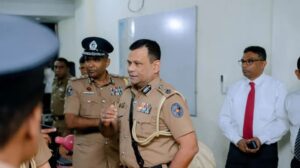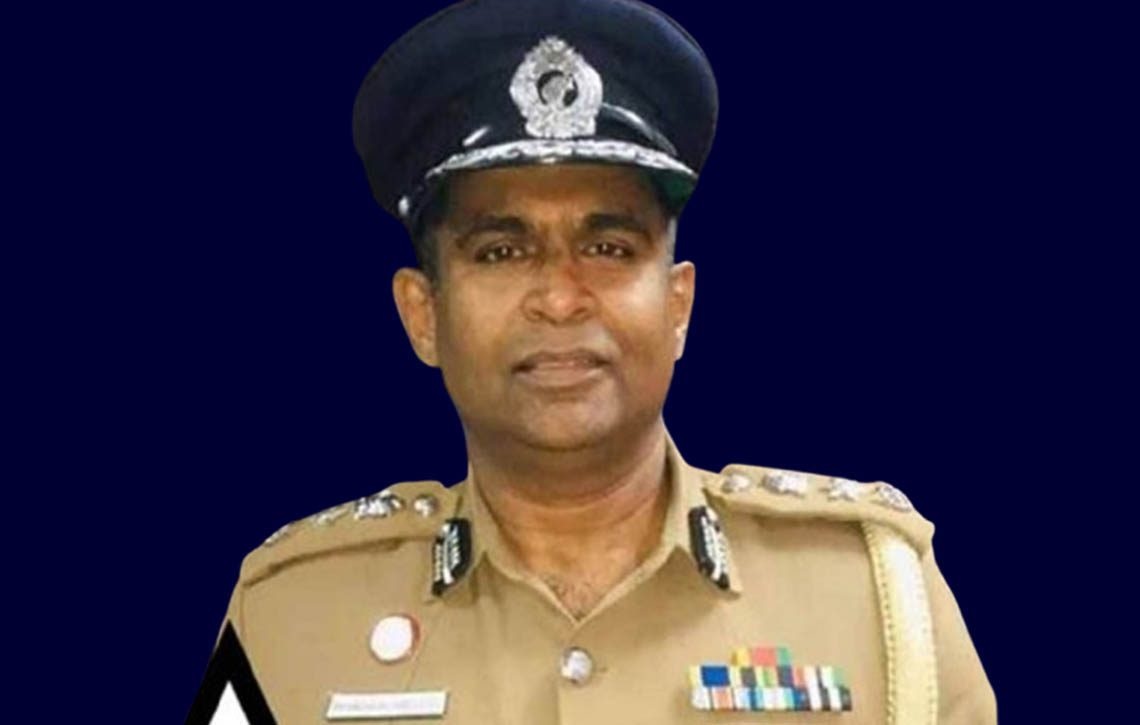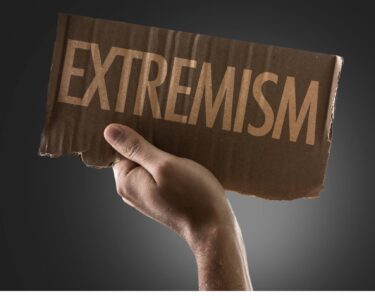The High-Stakes Battle for Control: Priyantha Weerasooriya’s Struggle Amid Rising Crime and Political Tensions

Inspector General Priyantha Weerasooriya is facing mounting pressure as he grapples with a relentless rise in crime and underworld killings, which threaten the stability of Sri Lanka’s security apparatus. To combat the escalating violence, several new police units have been formed, but the challenge lies in appointing the right officers to these positions. In an effort to restore order, Weerasooriya has implemented a series of transfers across the country, but this has sparked dissatisfaction among a contingent of police officers. Adding to the complexity is the political backdrop: Weerasooriya was appointed by the newly formed NPP government, while the Police Commission was established during the previous administration. This political divide was almost inevitable, but it puts Weerasooriya in a precarious situation—if he fails to show strength, he risks losing the support of the current government, particularly from powerful figures like Anura Kumara. On the other hand, the Police Commission, with its constitutional backing, is unlikely to back down as it possesses significant authority under the law.
Transferring Officers in Charge
The latest twist in this unfolding drama is a direct conflict between the Acting IGP and the National Police Commission (NPC) over the transfer of Officers in Charge (OIC) of police stations. Weerasooriya has requested the NPC delegate the power of making OIC appointments directly to him, citing the legal advice from the Attorney General, who supports the view that transfers are under the IGP’s jurisdiction. However, the NPC has rejected this request and asserted that they are acting within their constitutional powers. This disagreement has now escalated into a public confrontation, with Weerasooriya accusing the NPC of overstepping its bounds and interfering in the police department’s internal affairs.
The NPC, on the other hand, insists that any deviation from established procedures could result in legal challenges. With 197 names recommended for transfer, only 140 have been approved by the NPC, as many did not meet the necessary qualifications. As the rift deepens, the outcome of this conflict could have serious consequences for the political and legal stability of the police force and the government itself.







